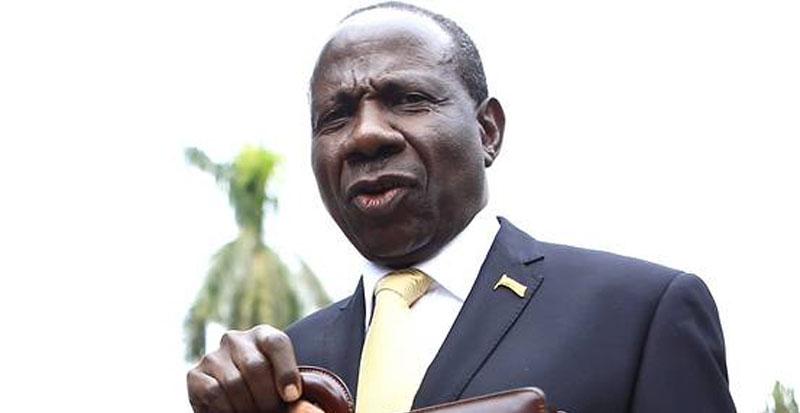Uganda implemented far reaching economic reforms from early 1990s with the view that markets would serve best the growth and development needs of the country. The Uganda Investment Authority was also established in 1991, unemployment and underemployment rose.
Expanding economic opportunity is arguably where firms have the greatest potential to create what is called “shared value,” or value for both business and society. Business activity can create jobs and entrepreneurial opportunities, cultivate inter-firm
Linkages, enable technology transfer, build human capital and physical infrastructure, generate public revenue for governments, and offer a variety of products and services to consumers and other businesses, including those operating at what has been termed the “base of the economic pyramid.”
Each of these impacts has multiplier effects on social and economic development.
If supported by responsible business practices, more inclusive business models, and financial, technical, institutional or policy innovations, they can make major contributions to poverty reduction and serve core business interest sat the same time.
The private sector is a vital part of the emergency management team. It’s now prudent to see the nation’s vast network of business, industry, academia, trade associations, and other non-governmental organizations as equal – and equally responsible – partners in every phase from preparedness to response and recovery to mitigation. The state therefore has a role to play by working steadily to increase the level of private sector collaboration at all levels.
There is an urgent need for government and other development agencies to support interventions that contribute towards achieving a better investment climate in most developing countries.
First of all there is a need to lower the costs of investment. This refers to the costs of doing business. For instance the costs of complying with the policy, legal and regulatory frameworks in which the private sector operates, including the extra costs created by inadequate infrastructure crime, corruption and excessive red tape). High costs reduce profits and discourage investment. They also create disincentives for firms to formalize, with a resultant loss of benefits to the economy.
Some countries go the extra mile to reduce investment risks. This involves policy and institutional reforms that improve the stability of the investment climate and the predictability, real and perceived, of returns on investment, including by making the implementation of regulations established by national and local governments more predictable and enforcement of the rule of law more rigorous.
A well-functioning financial market is crucial for managing the risks associated with creating firms and expanding production, especially for the many small domestic firms that rely on internally generated cash flows and money provided by family and friends.
The competitions should be improved as one of the strategies to support the private sector.
A more competitive investment climate improves efficiency, encourages innovation and is a key factor driving productivity improvement in the short run. This often calls for the sequenced removal of policies or laws that protect markets or allow anti-competitive behavior by public or private sector actors. A competition law and policy can help curb uncompetitive practices and engender a culture of competition.
Government still has a role to develop capacity. Reforming the investment climate is a political process and relies on effective institutions and the ability of the private sector to identify key constraints to investment and to lobby for and help implement change.
There is thus a need to support initiatives that build up the capacity of public and private sector stakeholders to engage in political process and to implement policy reforms. Capacity development can also improve the private sector’s ability to cope with constraints and changes in the business environment and its capacity to innovate by adopting new technologies and expanding entrepreneurial skills.








